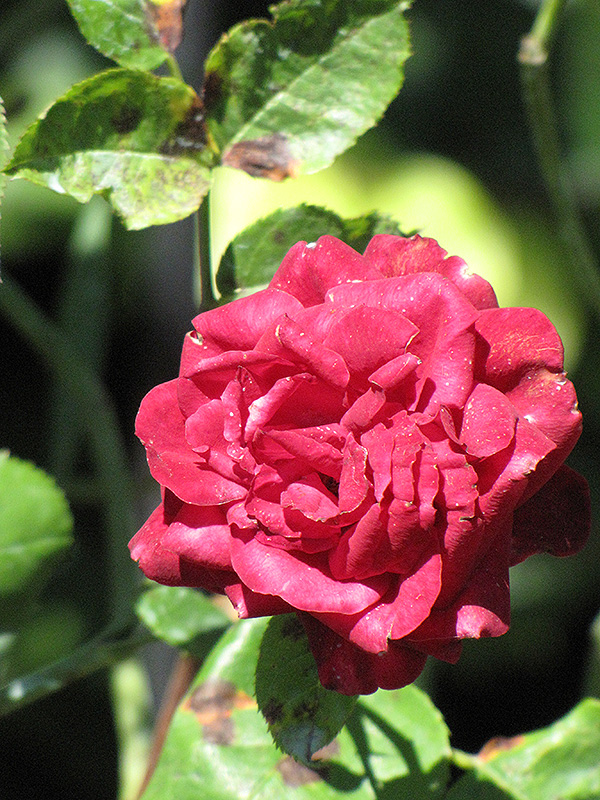VANDERMEER
PLANT LIBRARY
Find the perfect plant for your space by browsing through this extensive selection that we typically carry every year.
This library is for information purposes only.
Height: 14 feet
Spread: 7 feet
Sunlight:
![]()
Hardiness Zone: 7a
Group/Class: Climbing Rose
Description:
This elegant variety is a large flowered climbing rose producing showy clusters of glowing red flowers; excellent for trellises, or along garden walls; remove spent flowers to encourage re-blooming; protect new growth from hard freezes in spring
Ornamental Features
Red Fountain Rose is bathed in stunning fragrant double red flowers along the branches in early summer. The flowers are excellent for cutting. It has green deciduous foliage. The oval compound leaves do not develop any appreciable fall colour.
Landscape Attributes
Red Fountain Rose is a multi-stemmed deciduous woody vine with a twining and trailing habit of growth. Its average texture blends into the landscape, but can be balanced by one or two finer or coarser trees or shrubs for an effective composition.
This woody vine will require occasional maintenance and upkeep, and is best pruned in late winter once the threat of extreme cold has passed. It is a good choice for attracting bees to your yard. It has no significant negative characteristics.
Red Fountain Rose is recommended for the following landscape applications;
- Mass Planting
- Hedges/Screening
- General Garden Use
Planting & Growing
Red Fountain Rose will grow to be about 14 feet tall at maturity, with a spread of 7 feet. As a climbing rose, it can be leggy near the base and may be concealed by underplanting with lower-growing facer plants. It should be planted near a fence, trellis or other landscape structure where it can be trained to grow upwards on it, or allowed to trail off a retaining wall or slope. It grows at a fast rate, and under ideal conditions can be expected to live for approximately 30 years.
This woody vine should only be grown in full sunlight. It does best in average to evenly moist conditions, but will not tolerate standing water. It is not particular as to soil type or pH. It is highly tolerant of urban pollution and will even thrive in inner city environments. This particular variety is an interspecific hybrid.





